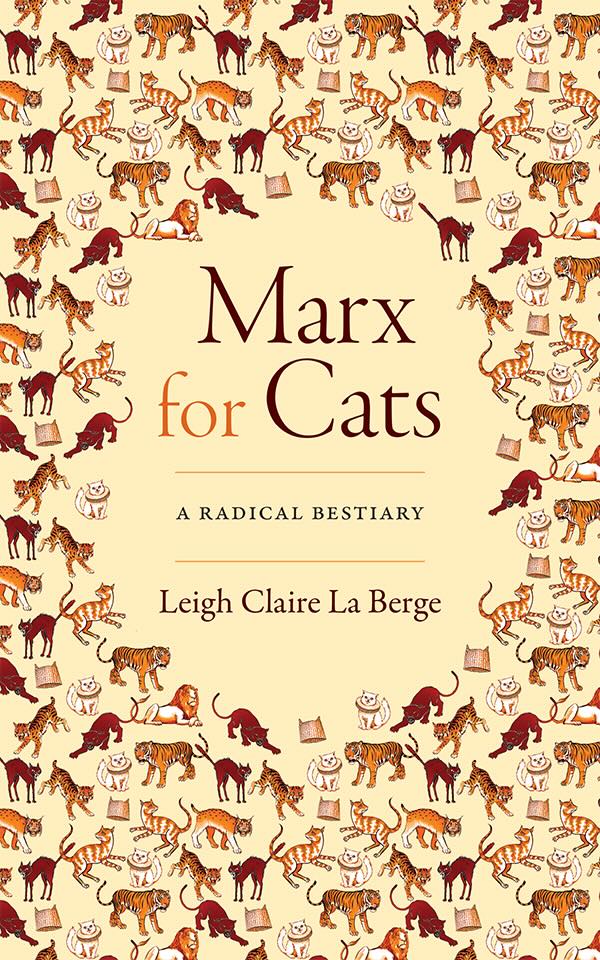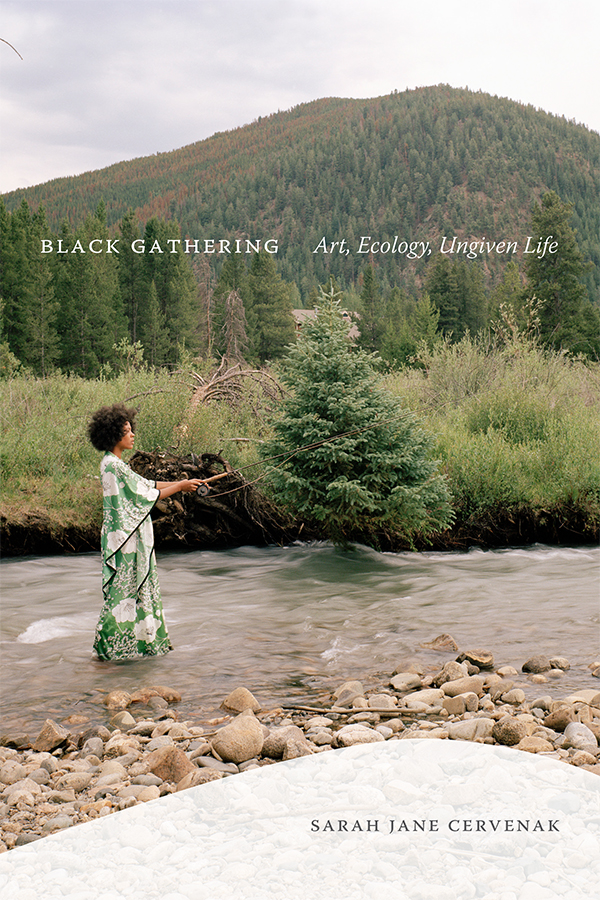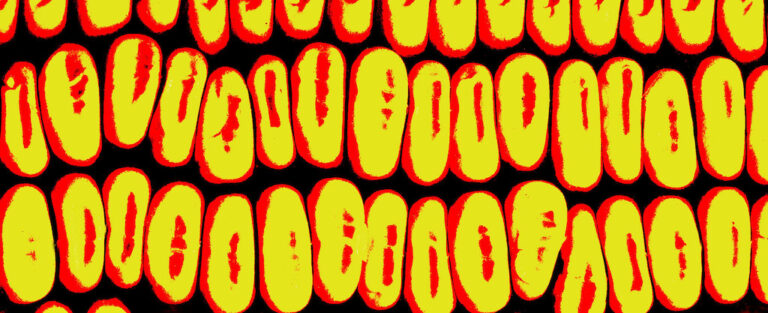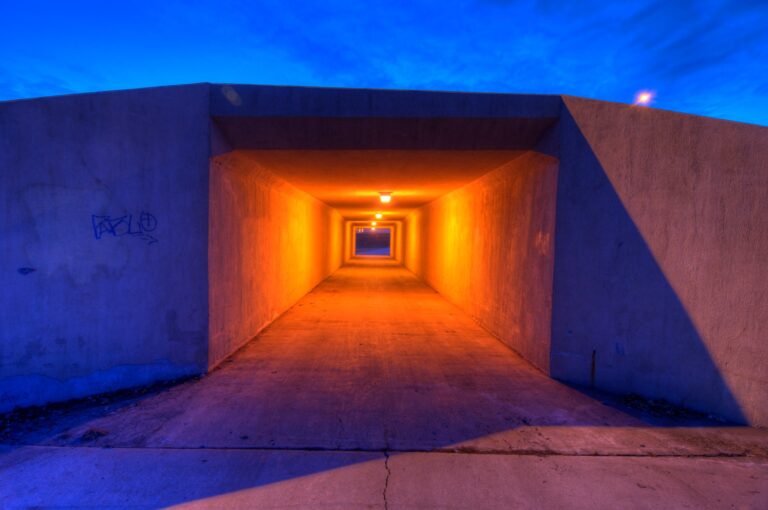Leigh Claire La Berge’s Marx for Cats reimagines the history of capitalism by analyzing archival documentation about felines. By updating bestiaries to include contemporary criticism of capitalism, La Berge positions cats as the key to an economic revolution. While the title and cover suggest a playful, possibly unserious analysis, La Berge carefully constructs a detailed history from feudalism to capitalism to point readers toward an animal-friendly future that reconsiders power structures and dares to imagine a world beyond capitalism.
Keyword: ecocriticism
Review of Black Gathering: Art, Ecology, Ungiven Life by Sarah Jane Cervenak (Duke University Press)
In Black Gathering: Art, Ecology, Ungiven Life, Sarah-Jane Cervenak engages with the ecoaesthetic, ecopoetic, and ecoliterary work of Black artists and writers who, through their engagement with the environment, imagine the earth and Black life outside the logics of governance, property and ownership. Guided by two primary concepts, Cervenak considers “Gathering” and “Ungiven” as crucial frameworks to think otherwise about Black sociality, togetherness, and gathering aesthetically. By attending to the creative and artistic practices of Toni Morrison, Nikki Wallschlaeger, Samiya Bashir, Gabrielle Ralambo-Rajerison, Gayl Jones, and Leonardo Drew, Cervenak underlines “gathering” as both an act of resistance to the enclosures of anti-blackness and an insistent practice of “deregulated togetherness.”
Review of Being Property Once Myself: Blackness and the End of Man by Joshua Bennett (Harvard University Press)
Reading a robust archive of twentieth and twenty-first century African-American literature, Joshua Bennett’s Being Property Once Myself: Blackness and the End of Man lays the foundations for rethinking kinship and relation between humans and animals.
Review of Fire and Snow: Climate Fiction from the Inklings to Game of Thrones by Marc DiPaolo (State University of New York Press)
Marc DiPaolo’s Fire and Snow engages with the burgeoning ‘cli-fi’ genre which speculates on climate change themes and corollary effects. Through close examination of such diverse works as Suzanne Collins’s Hunger Games, Margaret Atwood’s MaddAddam trilogy, and “low-culture” films Snowpiercer and Mad Max: Fury Road, DiPaolo both argues in favor of non-partisan collective action against climate change and explores broader public engagement with environmental themes. Primarily a survey text, Fire and Snow nevertheless provides considered analysis of the relationship between authors, producers, and consumers in the dissemination of cli-fi messaging in popular culture.



